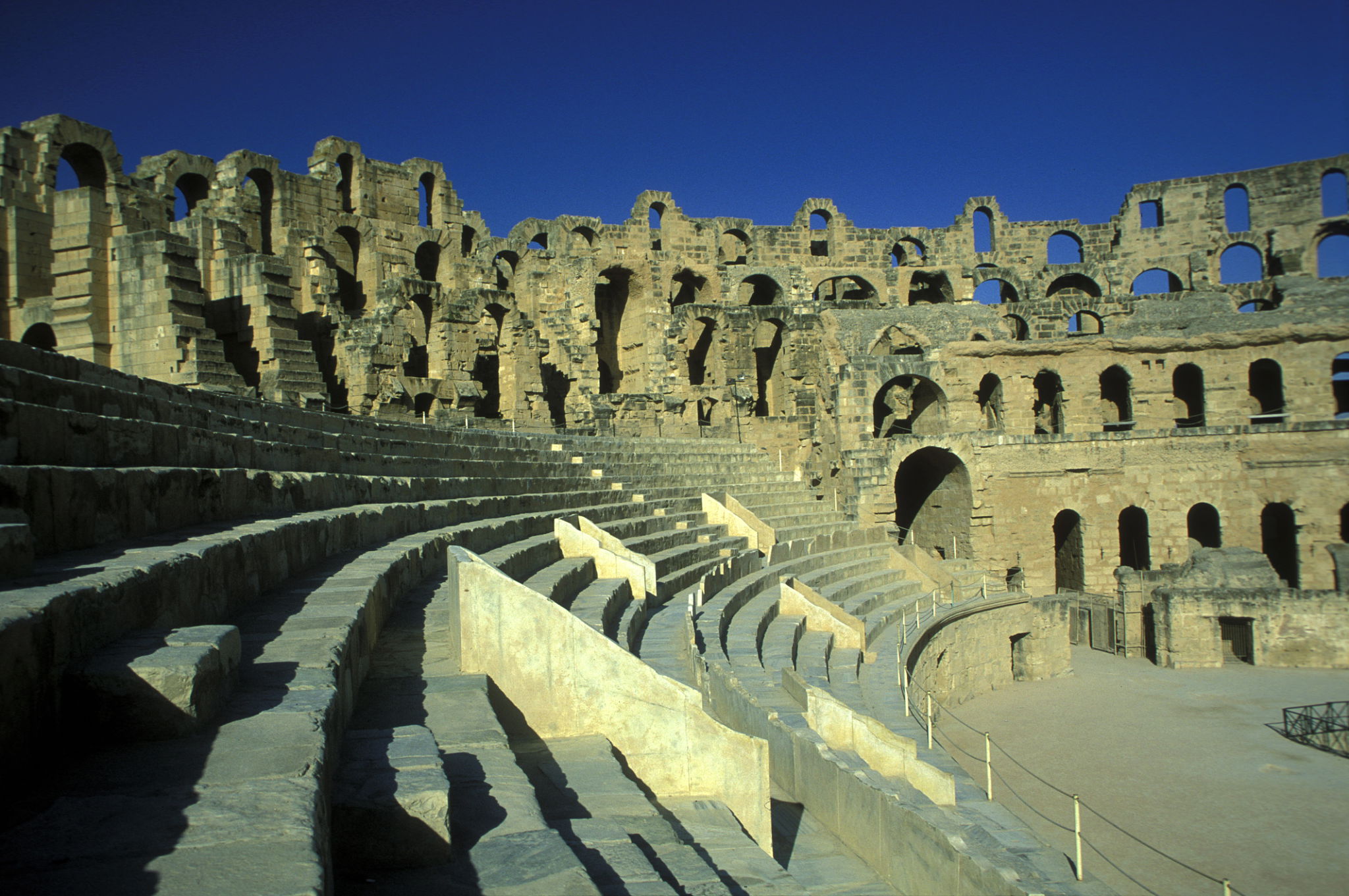Democracy and Control: Rethinking Power and Participation
Understanding Democracy and Power
Democracy is a cornerstone of modern society, often seen as the ideal form of governance that ensures the participation of citizens in decision-making processes. However, the relationship between democracy and control raises important questions about how power is distributed and exercised. At its core, democracy is about giving power to the people, but the reality is often more complex.

The Dynamics of Control
While democracy aims to empower citizens, the mechanisms of control within democratic systems can sometimes limit participation. Institutional structures, political parties, and economic interests can concentrate power in the hands of a few, leaving many feeling disenfranchised. This paradox highlights the need to constantly evaluate how power is wielded and by whom.
In many democratic systems, control is maintained through various means, such as regulatory frameworks, media influence, and educational policies. These elements can shape public opinion and impact voter behavior, ultimately affecting the democratic process. The challenge lies in ensuring that these controls do not undermine the fundamental principles of democracy.
Rethinking Participation
To address these issues, it is essential to rethink participation in democratic systems. Participation is not just about voting every few years; it involves active engagement in civic life and decision-making. Encouraging citizens to participate more fully can help balance power dynamics and foster a more equitable society.

There are several ways to enhance participation. Firstly, increasing transparency in government operations can build trust and enable citizens to make informed decisions. Secondly, promoting civic education can empower individuals with the knowledge needed to engage effectively. Finally, leveraging technology can create new platforms for dialogue and participation.
Innovative Approaches to Governance
Innovative approaches to governance are emerging as potential solutions to the challenges faced by traditional democratic systems. Participatory budgeting, for example, allows citizens to have a direct say in how public funds are spent. This approach not only increases transparency but also ensures that community needs are prioritized.
Additionally, the use of digital tools and platforms can facilitate greater participation and engagement. Online forums, social media, and mobile applications can connect citizens with their representatives and provide avenues for feedback and collaboration. These tools can help bridge the gap between the governed and those in power.

The Role of Civil Society
Civil society plays a crucial role in rethinking power and participation in democracy. Non-governmental organizations, advocacy groups, and community associations act as intermediaries between the public and government, often highlighting issues that may be overlooked by traditional political structures.
These groups can mobilize citizens, advocate for policy changes, and hold governments accountable. By fostering a culture of active citizenship, civil society contributes to a more vibrant and responsive democracy.
Conclusion: A Call for Reflection
As we continue to navigate the complexities of democracy and control, it is vital to reflect on how power is exercised and how participation can be enhanced. By embracing innovative approaches and fostering a culture of engagement, we can work towards a future where democracy truly reflects the will of the people.
This ongoing journey requires commitment from both citizens and leaders to create systems that are inclusive, transparent, and responsive to the needs of all individuals. Only through collective effort can democracy fulfill its promise of being a government of the people, by the people, for the people.
Democracy, Distraction and the Design of Control
In ancient times, it was the Church that held the people poor and the School that kept them obedient. "Give them bread and circuses," said the Romans — a strategy of distraction still alive today, only now served through fast food, entertainment, and never-ending political drama.
We live in an age of updates and elections.
But the core structure remains surprisingly stable: centralized institutions, gatekeepers of truth, and a deep dependency on systems we never designed ourselves.
Voting is often framed as the highest expression of freedom.
But is it, when the range of choices has already been filtered by party machines, corporate influence, and media framing? When the same underlying mechanisms — taxation, surveillance, bureaucracy — remain untouched? This isn’t an attack on democracy. It’s a call to look deeper.
To ask: Why do our systems encourage dependence rather than empowerment?
Why are we taught compliance over curiosity?
Why are the tools of freedom so often discouraged — from privacy to self-custody?

The future doesn’t have to be a repetition of the past.
With technologies like Bitcoin, encrypted communication, open-source platforms, and voluntary networks, we are beginning to explore something new:
A world where coordination doesn’t require coercion.
Where responsibility replaces blind delegation.
Where freedom is not handed down — but built from the ground up.
The real question isn’t just who should lead us.
It’s: Why do we still believe we need to be led?